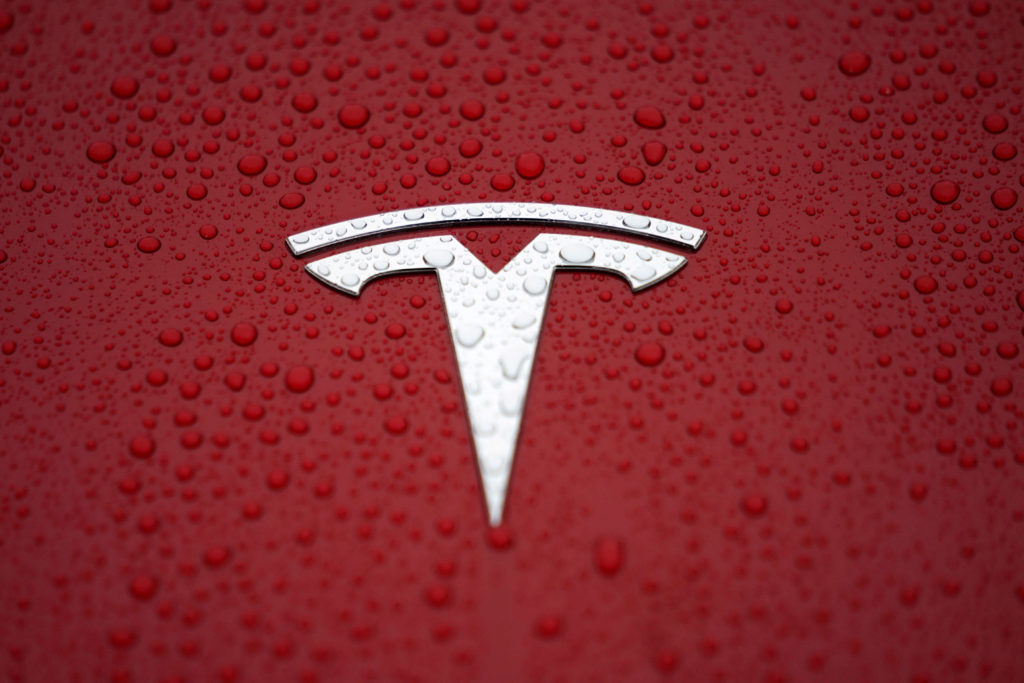As a way to “further strengthen its balance sheet,” electric automaker Tesla Inc. plans to offer $2 billion of common stock for sale.
The decision came just two weeks after Tesla (Nasdaq: TSLA) CEO Elon Musk said the company would not need to raise additional capital funds.
Musk plans to buy up to $10 million of the common stock being offered himself. Larry Ellison, a member of the company’s board of directors, will purchase up to $1 million of the common stock.
Gross proceeds of the stock offering are approximately $2.3 billion before any discounts and expenses. That is assuming underwriters exercise their option to purchase shares.
Shares of Tesla were down more than 4% before the market opened, but they rebounded in the afternoon. The stock moved up 5% over its Wednesday close price — a 9% turnaround from premarket trading.
Tesla stock experienced a meteoric rise in January — skyrocketing more than 330% since June 2019 to reach more than $900 per share in early February.
What About Not Raising Money?
Investors considered the strong possibility that Musk and Tesla would use the rise in share price to raise additional capital for operations and plant expansion. However, at the time, Musk said the company could fund its operations without a capital raise.
“It doesn’t make sense to raise money because we expect to generate cash despite this growth level,” he said at the time.
Offering common stock could concern investors as it increases the supply of shares and could have a negative impact on the company’s finances.
The last time Tesla offered common stock for sale was May 2019. Shares were priced at nearly $244 each and dropped to as low as $176 a month later.
Tesla Shares Overvalued and Risky
Some analysts already consider Tesla to be a volatile stock. Strategic Wealth Partners CEO Mark Tepper recently called the stock “one of the most dangerous in the world.”
“I don’t want to own it; I don’t want to short it. It’s very speculative. Large-cap companies aren’t supposed to trade like penny stocks — go up 20% one day, down 20% the next,” Tepper said.
At its high point earlier this month, the company’s relative strength index — which measures the price of a stock — was 94. Anything over 70 is considered overbought.
“It is extremely overvalued right now,” Tepper said. “From my perspective, the most optimistic expectations are built in, so now there is execution risk.”
The Tesla Pullback
After a nearly two-month rally, Tesla shared pulled back — to the tune of a 17.1% drop — after the company reported delays in car deliveries due to the coronavirus outbreak in China.
Additionally, Canaccord Genuity dropped its rating of Tesla to “hold” Wednesday, prompting further investor backlash. Canaccord analyst Jed Dorsheimer did not change the price target for Tesla — still at $750 — but called the coronavirus outbreak a “clear headwind” for Tesla.
In the end, the $2 billion common stock offering represents a risk for Tesla. Investors may be right to assume the use of proceeds indicates the company’s finances may not be as stable as Musk initially led people to believe.
